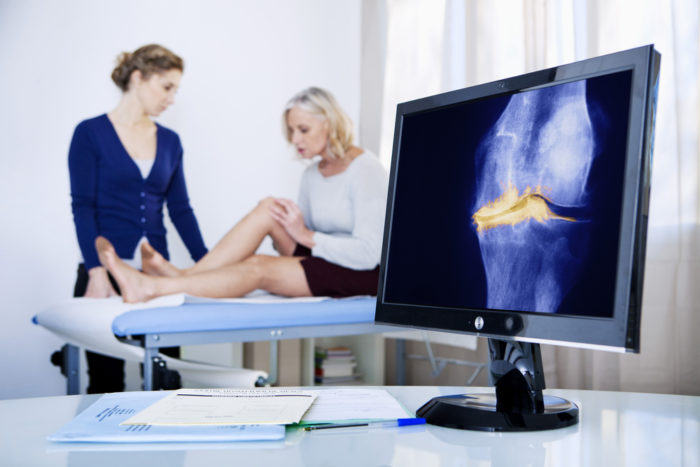What Hurts The Most After Hip Replacement Surgery?

After hip replacement surgery, different patients may experience varying levels of discomfort and pain. However, the most common sources of pain in the immediate post-operative period include:
- Surgical Incision Pain: During the hip replacement procedure, surgical incisions can cause pain and soreness. The severity of this pain depends on individual pain tolerance and the surgical technique used.
- Surgical Site Swelling: Swelling around the surgical site is normal after hip replacement surgery. Swelling can pressure the surrounding tissues and nerves, leading to discomfort and pain.
- Muscle Pain: The muscles around the hip joint can become sore and painful due to the surgical procedure, mainly if a traditional “open” approach is used. This pain can last for a few weeks as the muscles heal.
- Joint Discomfort: While the damaged joint pain is typically relieved after hip replacement surgery, some patients may experience initial discomfort or soreness in the new artificial joint as the body adjusts to the implant.
- Nerve Pain: Nerves in the surgical area can be temporarily irritated or compressed during the procedure, leading to nerve pain. This can cause tingling, numbness, or shooting pains down the leg.
- Positioning Pain: After surgery, patients are encouraged to move and walk, but certain positions, such as lying flat on the back or bending the hip excessively, may cause discomfort in the early stages of recovery.
Remember to communicate any pain or discomfort you experience with your healthcare team. They can help manage pain effectively with pain medications, ice packs, elevation, and physical therapy. As the healing process progresses and you engage in rehabilitation exercises, the pain usually diminishes gradually.



